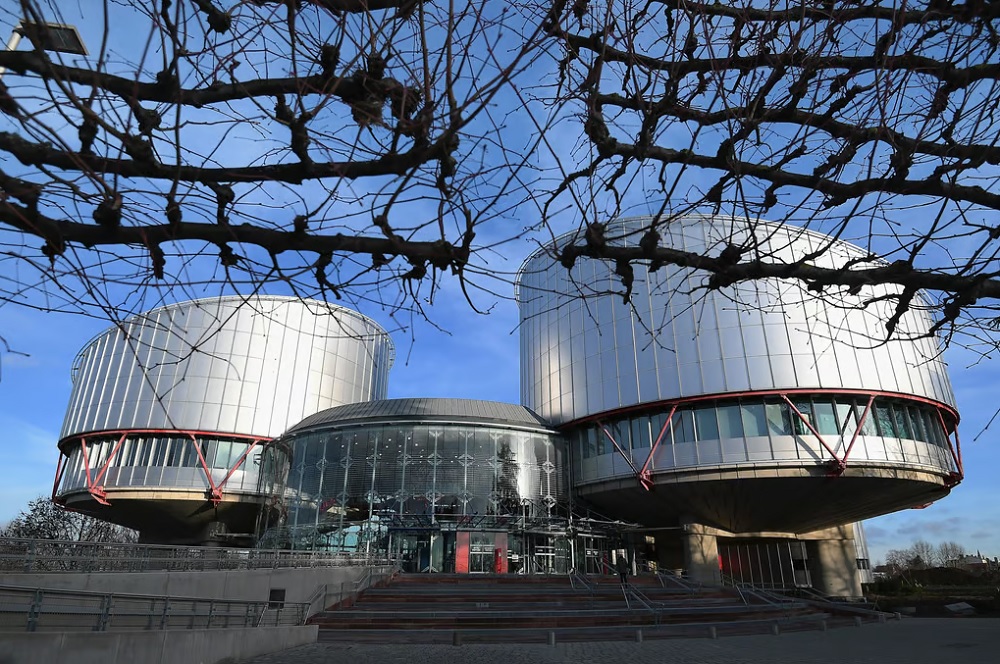The U.S. Sanction proposal to Azerbaijani officials: pressure or punishment?
U.S. sanctions against Azerbaijani officials
A group of American congressmen led by Dina Titus plans to introduce a bill to Congress this week proposing sanctions against Azerbaijan. This information was obtained by a correspondent of the Turan news agency in Washington from sources within Congress.
- European parliamentarians demand sanctions against Ivanishvili and the ruling party MPs
- “Armenia did not decide to align itself with the West just today,” – Pashinyan to British media
- Another editor detained in Azerbaijan was arrested at the airport and is now in pretrial detention
The bill provides for sanctions against more than 40 Azerbaijani officials — military personnel, judges, investigators, and high-ranking officials, “who have played an active role in undermining the rule of law and human rights in the country.” Among them are representatives of the Ministry of Defense, the Prosecutor General’s Office, the Baku Court for Serious Crimes, the Ministry of Internal Affairs, the State Security Service, the Penitentiary Service, the State Border Service, and the presidential administration.
The bill will urge the Biden administration to make a decision on sanctions against this group of individuals within 180 days in accordance with U.S. law, including the Global Magnitsky Act.
The adoption of such a bill is explained by “the government’s harsh repression against the opposition and serious concerns about human rights violations in Azerbaijan.”
In particular, the arrests of opposition leaders, activists, and individuals critical of the authorities are mentioned, including Gubad Ibadoglu.
The bill also mentions violations of the rights of Armenian prisoners of war. This “seriously questions the commitment of the Azerbaijani government to human rights and its ability to negotiate a fair and lasting peace,” the document says.
Sanctions are expected for several reasons, according to political commentator Arastun Orujlu. However, the main reason is the critical state of human rights in Azerbaijan.
“This is a fact that no one can deny. But this is not a new phenomenon. That is, they should not have been introduced solely because of events that happened this year, and I hope this will not happen. We know that in Azerbaijan, at least over the past seven years, starting with the massacre in Terter, mass crimes have been committed against Azerbaijani citizens,” said Orujlu.
However, he said attention should be paid to the list of individuals targeted by the bill for sanctions. Among them are figures highly respected among the people, such as lieutenant general Hikmet Izzet oglu Mirzayev, a hero of the Second Karabakh War commanding special forces, lieutenant general Enver Efendiyev commanding the ground forces, and colonel Elshan Sanaev, commander of the 218th Commando Brigade.
“These people liberated the Motherland from occupation, and applying sanctions against them is a hostile action against the Azerbaijani people,” the expert said, adding that if ethnic cleansing is mentioned, civilian casualties during operations, both during the Second Karabakh War and the one-day war, were the lowest in the last 80 years since World War II.
Orujlu noted that no state will tolerate armed separatism, and the Azerbaijani government was obliged to put an end to it, as it is its constitutional duty.
As for the prosecutors, they, according to the commentator, found themselves on the “blacklist” not because of persecution of the opposition and dissenters, but because the overwhelming majority of them were investigating the case of prisoners of war of the Armenian armed forces and separatists.
He pointed out that Dina Titus’s mother is of Greek origin and she is a member of the Greek caucus in Congress, which closely collaborates with the ANCA (Armenian National Committee of America) — the largest and most influential Armenian-American organization in the United States. According to him, Titus’s list was presented by ANCA, one of the initiators of the bill.
According to Orujlu, the issue of human rights, as well as the issue of sanctions for human rights violations, unfortunately, is mostly used as a tool of political pressure. They are remembered when there are any problems in the relations between states.
“The linking of the policies pursued by the Azerbaijani authorities against the Azerbaijani people, against their rights and freedoms, with the issue of ethnic cleansing of Armenians in Karabakh creates a negative opinion in Azerbaijani society against this act. This is doing a disservice to Azerbaijani society,” the expert notes.




















